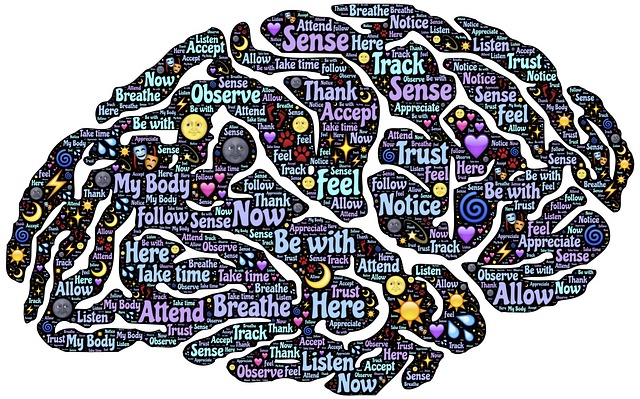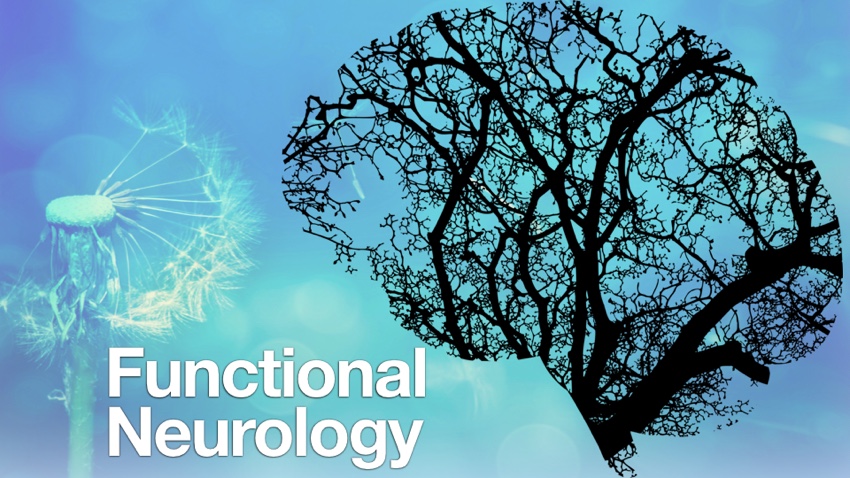Functional neurology is based on neuroplasticity theories. It is now known that the brain and nervous system are able to change, and can be malleable, as a response to certain stimuli.
The brain can be shaped by cognitive, sensory, motor, or emotional experiences.
The development of synapses (new connections) in the nervous system will depend on the stimuli that the synapses receive. Neurons that receive a lot of stimuli will be the ones that that strengthen, and the ones that do not receive stimuli will become weak and eventually diminish.
It is now known that it is possible to create new neurons where there is damage in the nervous system.
The role of Functional Neurology
Functional neurology looks at and assesses subtle changes of the nervous system before they become more significant problems.
The practice of functional neurology is adopted by various modalities of practice, including chiropractic, psychology, occupational therapy and even by some conventional western medical practitioners. However, functional neurology is more frequently practiced by chiropractors.
The practice of functional neurology is essentially applying neuroscience research from laboratory studies, and exploring how it can be practically applied in patient care. By supporting the nervous system through optimal fuel and stimulation, the nervous system will be protected, and it will thrive.
It is the goal to treat nervous system conditions without medication or, as an adjunct to treatment with medication.
What can be treated with Functional Neurology?
Functional neurologists treat a wide array of conditions, including:
- Neurodegenerative disorders: Alzheimer’s, Parkinson’s, Multiple system atrophy, dementia.
- Demyelinating conditions: Multiple Sclerosis, transverse myelitis, leukodystrophies.
- Trauma and brain injuries: Concussion, whiplash.
- Vestibular conditions: motion sickness, dizziness/disequilibrium, labyrinthitis, vertigo, Menieres disease
- Movement disorders: tics, restless leg syndrome, myoclonus, dystonia.
- Neuro-developmental conditions: Autism spectrum disorders, ADHD, Aspergee’s, Tourettes, dyslexia, processing disorders, global developmental delay.
- Nerve disorders: Carpal tunnel syndrome, trigeminal neuralgia, Bell’s palsy, polyneuropathy
- Cerebro-vascular disorders: Stroke, TIA.
- Chronic musculoskeletal pain: arm, leg, back, hip, knee, feet pain.
- Headaches and pain syndromes: Cluster headache, complex regional pain syndrome, migraines, fibromyalgia,
- Functional neurological disorders (a group of physical, sensory and cognitive symptoms which do not have an identifiable organic etiology)
Treatment is suitable for everyone and can be used safely in adults and children.
What is involved in Functional Neurology treatment?
Traditional neurology assesses the nervous system and it’s functioning from a conservative approach whereby it is determined whether there is an absence or presence of neurological diseases such as tumors, strokes, etc.
Functional neurology assesses the nervous system differently.
Optimal functioning of the nervous system is the aim, as opposed to the absence of a pathology. Sometimes, as in the case of functional neurological diseases, it is not always possible to pinpoint the organic cause of a patient’s neurological symptoms (eg: paralysis, seizures, pain, neuropathy etc.). Functional neurology can be particularly beneficial in these scenarios.
A thorough case history is taken, along with a non-invasive examination. A treatment plan is formulated which is targeted and specific to the patient’s current health. Any copies of blood tests, x-rays, MRIs or other tests will be assessed during this time.
Observing the whole person
During the examination, the practitioner will observe all aspects of the patient. This includes eye movement, posture, the presence or absence of tics, and more, are all indications of how the nervous system is functioning. In addition to the above, blood pressure, pulse, and reflexes may also be assessed.
 Neuro-developmental and behavioural disorders (ADHD, ASD) are often treated with functional neurology. Anxiety levels are often higher in patients with these conditions, so it is noteworthy to highlight that the thorough examination is done in a way which does not provoke anxiety in a patient.
Neuro-developmental and behavioural disorders (ADHD, ASD) are often treated with functional neurology. Anxiety levels are often higher in patients with these conditions, so it is noteworthy to highlight that the thorough examination is done in a way which does not provoke anxiety in a patient.
Care is individualized, and every part of treatment is tailored to the patient’s specific requirements.
Everyone is unique – Self help is a priority
Treatment is unique for each patient, based on the bio-individuality of their nervous system. Once it is diagnosed where the failure or suboptimal functioning of the nervous system lies, it needs to be determined what stimulation would be required to stimulate that particular area, along with how much stimulation is appropriate.
There is an emphasis on therapists empowering patients to help themselves, so that face-to-face treatment with a therapist does not continue for months, or years without end.
Home exercise programs are designed to target the relevant issues, meaning that functional neurology therapy is incorporated into the patient’s daily activities.
How does functional neurology work to treat conditions?
Treatment is aimed at retraining the brain.
Neurons require fuel and stimulation to survive and thrive, so treatment with functional neurology may involve specific exercises (eye exercises, cognitive exercises, balancing activities, joint adjustments). Different stimuli target specific areas and pathways in and of the brain with sound, smell, light and touch.
Nutrition and biochemistry is considered
Practitioners of functional neurology may also incorporate a biochemical and nutritional approach to treatment by eliminating certain things that could potentially have a negative effect on neurons. These may include specific toxins, chemicals, infection, and more.
Nutritional supplementation and/or dietary modifications may also be incorporated to provide optimal ‘fuel’ for neurons.
Treatment is powerful, and should be closely monitored.
An individualized treatment approach is applied to each patient, otherwise there is a risk of exceeding a patient’s nervous system capacity and over-stimulating part of the system.
The aim of treatment is to optimize and maximize brain and nervous system health, neurological processing, and communication within the brain, and all neural signalling between the brain and the rest of the body.
Treatments are formulated to advance from one visit to the next, based on the patient’s results and progression.
References:
Looi CY, Lim J, Sella F, Lolliot S, Duta M, Alexandrovich A, Kadosh RC, 2017, ‘Transcranial random noise stimulation and cognitive training to improve learning and cognition of the atypically developing brain: A pilot study’, Scientific Reports, 7(4633)
Meyer AL, Meyer A, Etherington S, Leboeuf-Yde C, 2017, ‘Unravelling functional neurology: a scoping of theories and clinical applications in a context of chiropractic
Where can I find a certified practitioner?
Finding a well-trained Integrative and/or Functional practitioner requires research but is a vital step in treating complex and chronic illness.
Below are links to lists of practitioners worldwide. We recommend you research the scope, expertise and experience of any practitioners you are considering.
U.S. & Global
Institute of Functional Medicine
https://ifm.org/find-a-practitioner/
Integrative Medicine for Mental Health
http://www.immh.org/find-a-practitioner/
Medical Academy of Paediatric Special Needs (MAPS)
http://www.medmaps.org/clinician-directory/
Australia & New Zealand
Mindd Foundation
https://directory.mindd.org/
The Australian College of Nutritional & Environmental Medicine (ACNEM)
https://www.acnem.org/practitioners/
UK
The British Society for Ecological Medicine
https://www.bsem.org.uk/pages/14-practitioners
Disclaimer: Mindd Foundation does not endorse any specific individuals listed and makes no representations, warranties, nor guarantees and assumes no responsibility for any services provided. Mindd Foundation expressly disclaims all liability for damages of any kind as a result of using any products or services provided by those listed.






